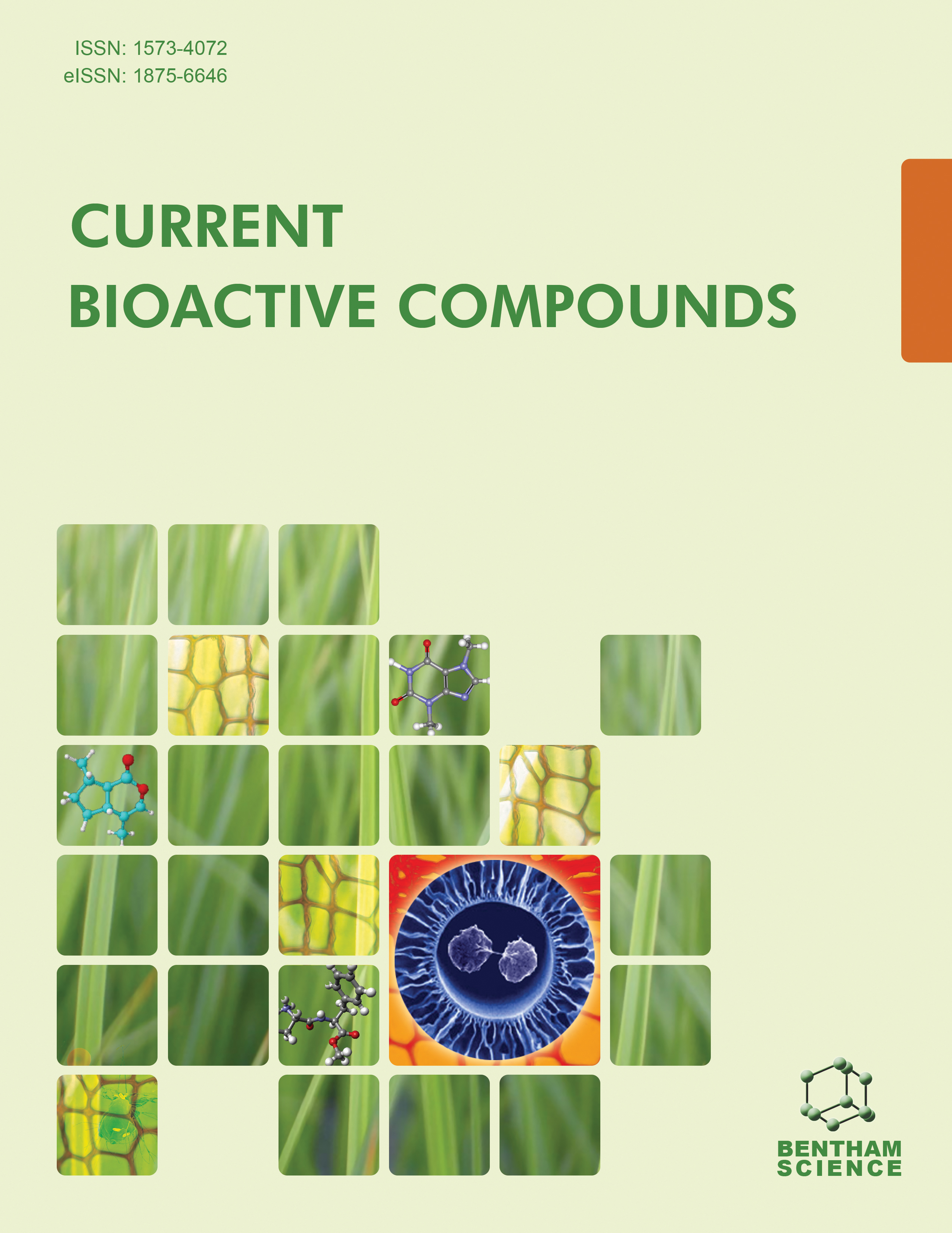-
oa Editorial [Mini Hot Topic: Phytoestrogens - Analysis and Pharmacology (Guest Editor: Liselotte Krenn)]
- Source: Current Bioactive Compounds, Volume 7, Issue 3, Sep 2011, p. 135 - 135
-
- 01 Sep 2011
Abstract
Mid of the 1980ies, effects of natural compounds with estrogenic activity (phytoestrogens) in humans were discussed for the first time. Due to the discussion about the pros and cons of hormone replacement therapy (HRT) in menopausal and postmenpausal women, phytoestrogens have gained enormous scientific interest during the last two decades. The annual number of publications in this field raised from some thirty about mid of the 90ies to 300 to 400 since 2005. Many studies focussed on the activity of phytoestrogens in the alleviation of menopausal symptoms as well as on their affinity to estrogen receptors. The effects of very different preparations containing these compounds were reported to range between placebo and HRT in the treatment of menopausal complaints. Because of the fact that the three main groups of phytoestrogens (isoflavones, lignans, coumestans) occur in many foodstuffs, numerous food supplements were developed worldwide for the above mentioned indication. Isoflavones from soybeans, soy products, kudzu or red clover, lignans - with the highest concentrations in linseed and in the bran of different cereals - and coumestans e.g. in sprouts of different members of the Leguminosae family, were studied intensively and served as sources for such nutraceuticals. The strongly increasing demand for food supplements rich in phytoestrogens enforced further research: On one hand, their potential for the prevention of so-called “Western diseases” e.g. cardiovascular diseases, hormone dependent cancers, osteoporosis, atherosclerosis, to which estrogen deficiency contributes as well, became a major task in in vitro investigations, animal studies, clinical trials and epidemiologic observations. On the other hand, the analysis of the phytoestrogen content in food supplements attracted reasonable notice. As no proof of quality is required to market such products, analytical methods for the determination became very important with regard to consumer protection. The enormous body of recent literature on the occurrence, analysis, in vitro and in vivo activities and the underlying mechanisms as well as on clinical data and toxicological matters makes it extremely difficult for the reader to stay up-to-date in the field of these compounds. Thus, this issue aims to review three important topics in phytoestrogen research: • Although from long-term epidemiological studies a preventive effect of diets rich in phytoestrogens, like in traditional Asian nutrition, is deduced towards hormone dependent cancer formation, risks of late phytoestrogen exposure are controversially discussed; especially when the compounds are consumed at high conentrations in enriched nutraceuticals without change in the diet. Therefore one review focusses on the lifelong and prenatal effects of phytoestrogen intake.....


